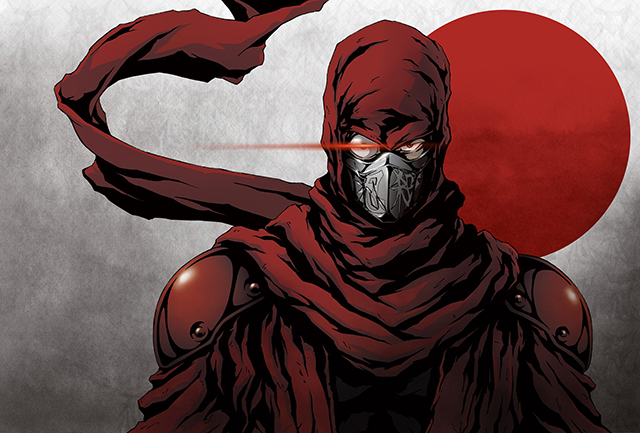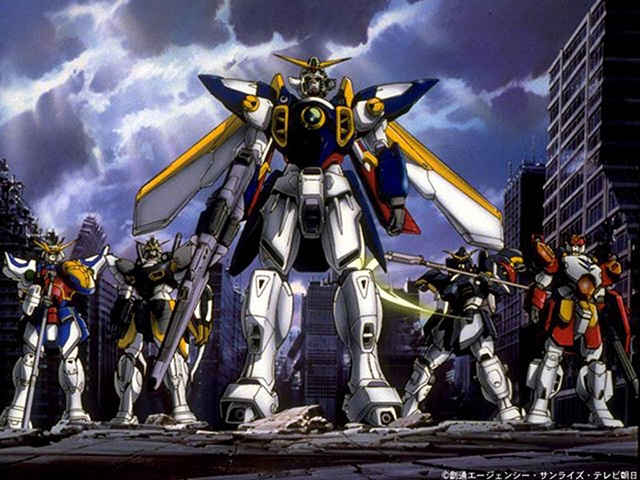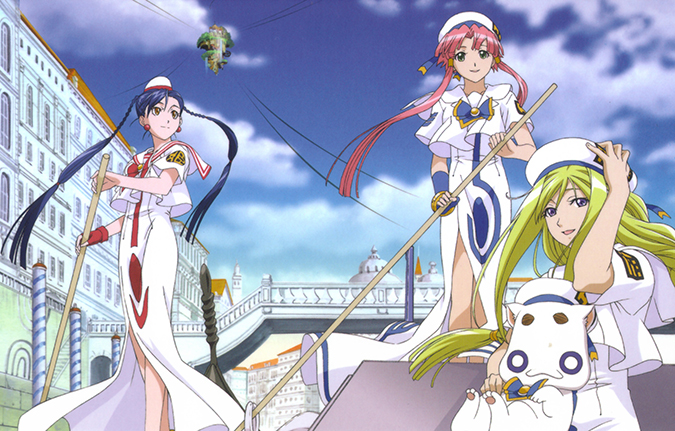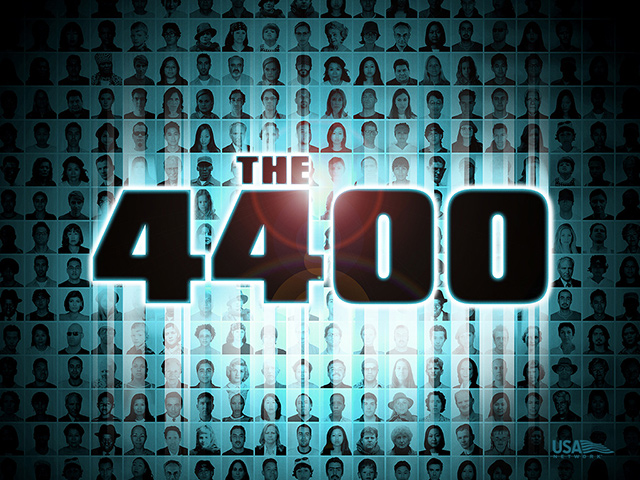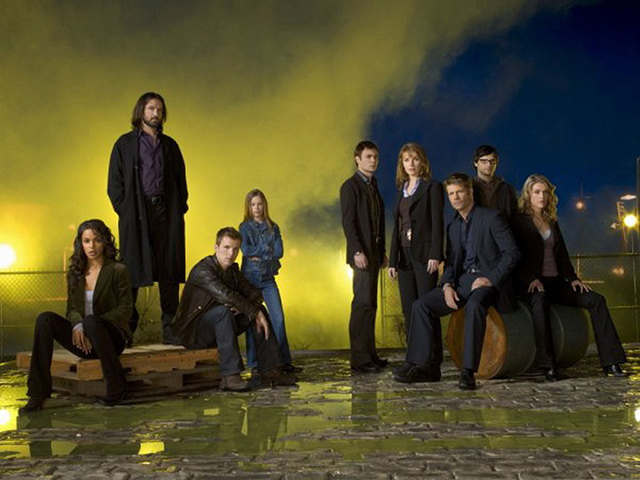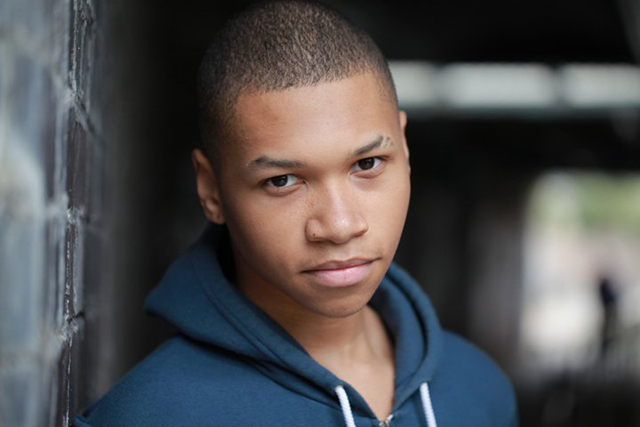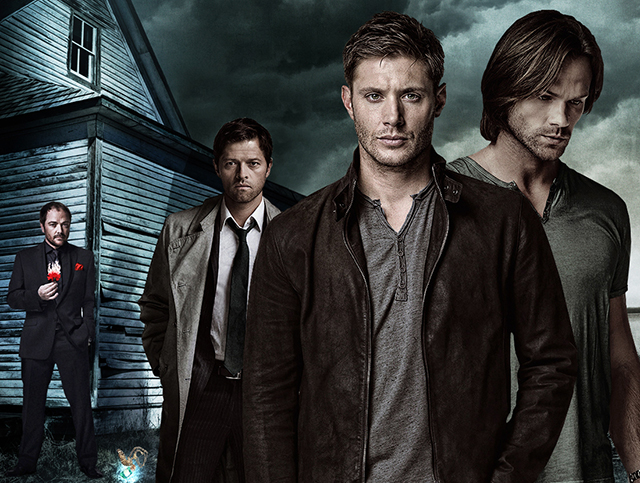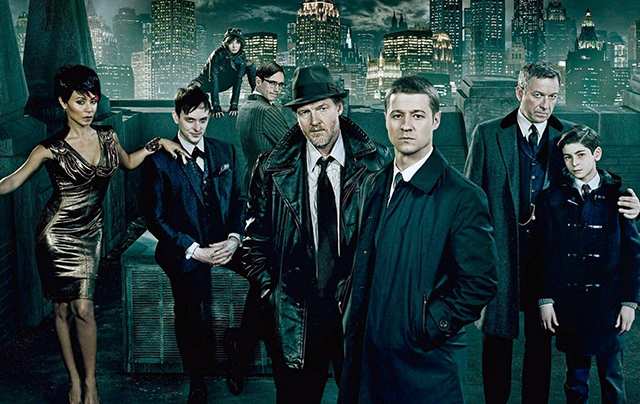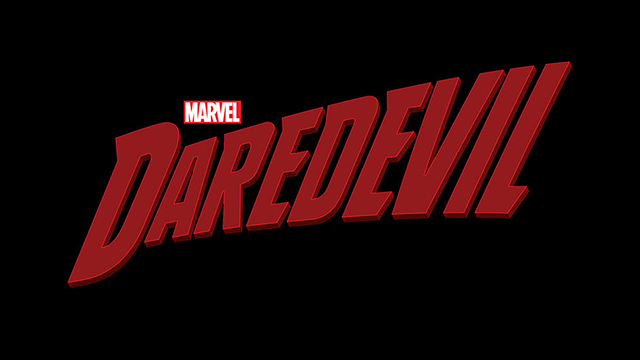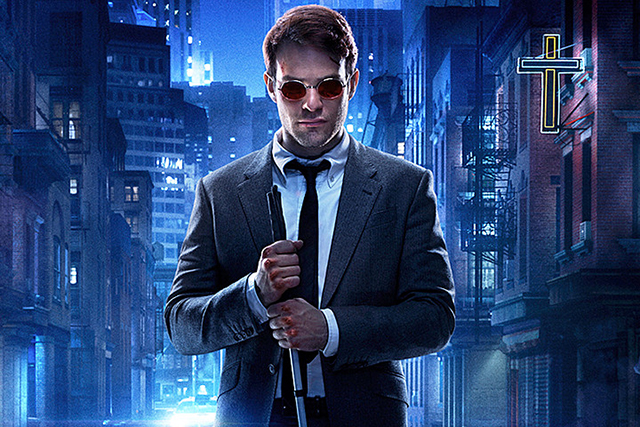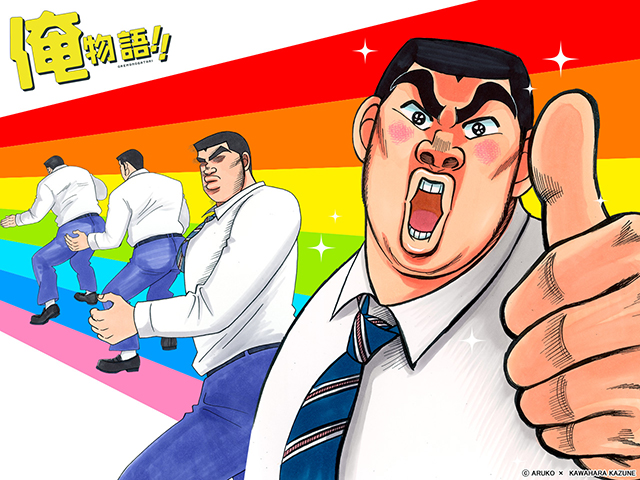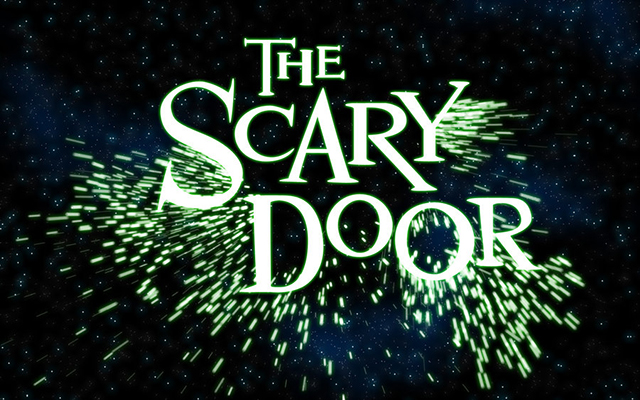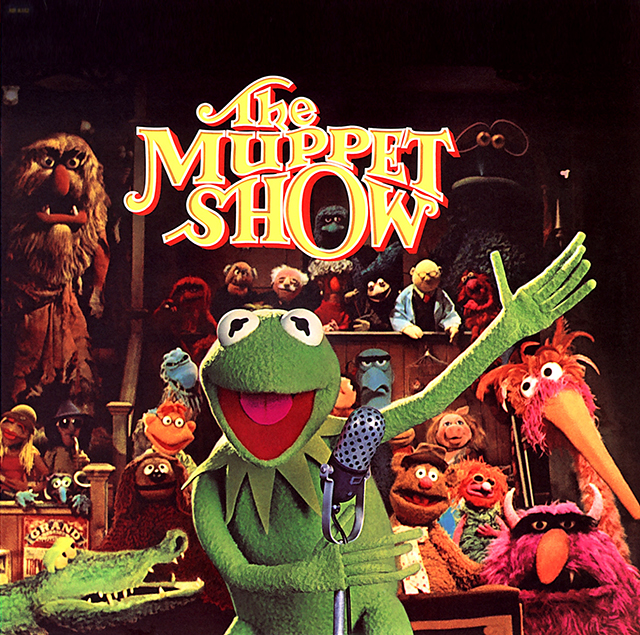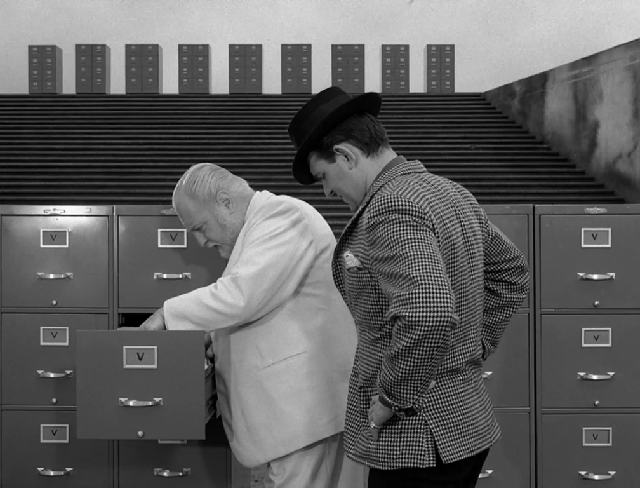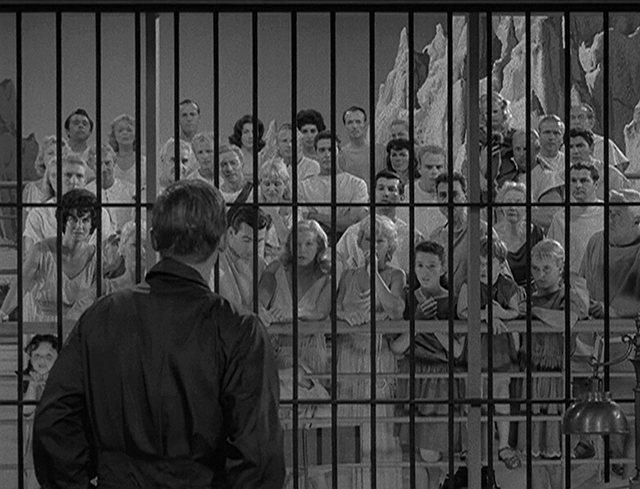Welcome back to Channel Chaser! If you watch a lot of TV like me, then you’ve probably had a similar experience to this pretty often: you’re watching a new show and you see a face in the background or in passing, usually a more minor character, that looks very familiar. You’re convinced you’ve seen them somewhere before, and you wrack your brain for days and days trying to figure it out, only to blurt out at some completely random other time, “Oh my God! It’s (so and so) from (so and so)!”
As a writer and a TV critic, I’ve always been greatly interested in minor and side characters because how they are handled is a big testament to how good a show is on the whole. And the fact is that a lot of those times, the same men and women get cast in those passing roles. So for this week, I’ve attempted to compile a handful of faces you may have seen pretty often over the years, but never been able to put a name to. Some are better known than others, but they’ve all been pretty prolific in terms of roles. And if you still don’t know who they are…well, you might have rethink your membership in the TV Fan club.
Robert Picardo
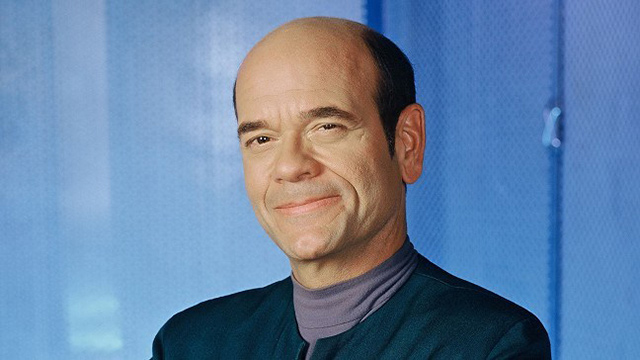
Best Known As: Emergency Medical Hologram (EMH) “The Doctor” (Star Trek: Voyager)
Also Seen As: Coach Cutlip (The Wonder Years), Dr. Dick Richard (China Beach), Richard Woolsey (Stargate), Jason Cooper (The Mentalist)
Character Type: While he definitely has more of a range than some of other people on the list, Picardo usually takes on the role of someone in authority, i.e. doctor, teacher, government official, and usually one who has a bit of cultured nature to them. He’s also very, very good at acting condescending and snobby, though his characters usually have good hearts in spite of this.
Mark Sheppard
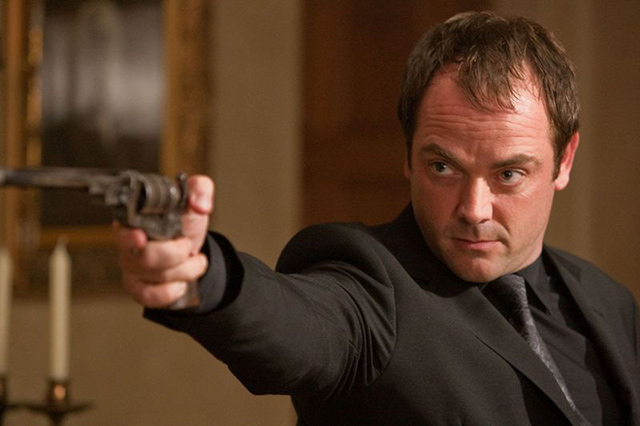
Best Know As: Demon and later “King of Hell” Crowley (Supernatural)
Also Seen As: Canton Everett Delaware III (Doctor Who), Romo Lampkin (Battlestar Galactica), Badger (Firefly) Jim Sterling (Leverage), Benedict Valda (Warehouse 13)
Character Type: Sarcasm, sass, and dry British-style humor are Sheppard’s trademarks in most of his roles. He usually plays a criminal, villain, or just morally gray kind of character, and his motivations are often difficult to guess. A rogue in the finest sense of the word, alternatively shifting between rough and charming with ease.
Nathan Fillion

Best Known As: Author and crime-solver Richard Castle (Castle)
Also Seen As: Malcolm Reynolds (Firefly), Captain Hammer (Doctor Horrible’s Sing-Along Blog), Johnny Donnelly (Two Guys and a Girl), Hal Jordan/Green Lantern (Justice League)
Character Type: Fillion seems to prefer characters that have a bit of self-confidence (or self-overconfidence) and swagger, but these traits usually mask much more complicated inner issues. While he can do serious, his roles usually have a middling to large element of comedy associated with them, as his characters are mostly sharp, but he can easily play the buffoon as well.
Kavan Smith
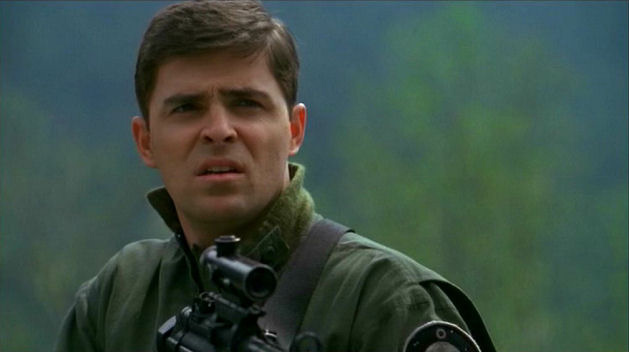
Best Known As: Prominent SGC B-teamer Major Evan Lorne (Stargate)
Also Seen As: Deputy Andy 2.0 (Eureka), Agent Jed Garrity (The 4400), Cuthbert Sinclair/Magnus (Supernatural), Wade Mahaney (Smallville)
Character Type: Probably the actor with the largest and most diverse range on this list, and in some of the smallest parts, Smith’s roles are usually confined to sci-fi/fantasy genres in minor or recurring roles. He specializes in minor characters who are quirky, flippant, or have some kind of eccentricities, and even in more dramatic roles is usually seen to crack a joke or two.
Tricia Helfer
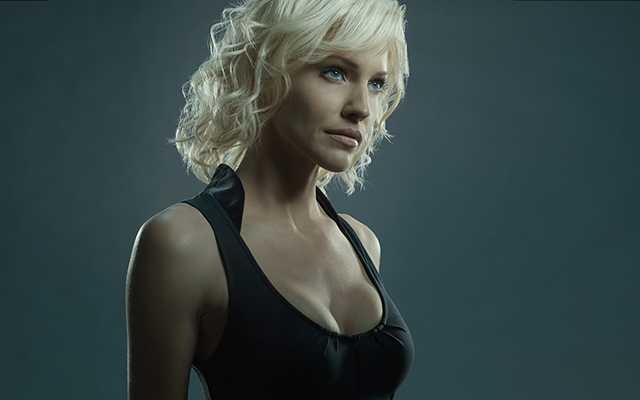
Best Known As: Cylon infiltrator/angel “Number Six/Caprica” (Battlestar Galactica)
Also Seen As: Carla (Burn Notice), Alex Rice (Dark Blue), Captain Veronica Dare (Halo 3: ODST), EDI (Mass Effect)
Character Type: The damsel in distress, but always with a twist. Usually, said twist involves her characters proving to be more than capable of taking care of themselves in a fight or just playing mind games with those around her. Known for being a pretty but powerful female, in a lead role or otherwise. Ironically enough, you’ll probably know Helfer’s voice better than her face (see above).
Lance Reddick
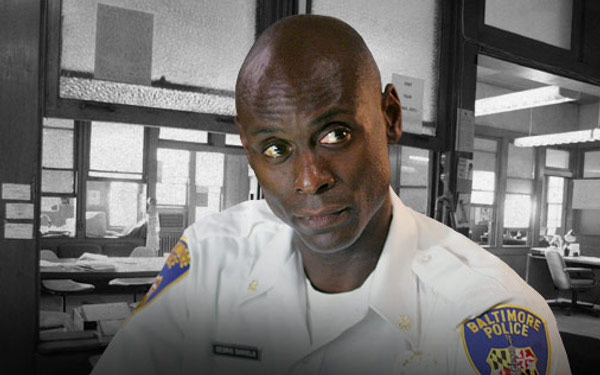
Best Known As: Morally gray Baltimore Police officer Cedric Daniels (The Wire)
Also Seen As: Agent/Colonel Phillip Broyles (Fringe), Matthew Abaddon (Lost), Papa Legba (American Horror Story), Deputy Chief Irvin Irving (Bosch)
Character Type: Generally portrays law enforcement or government operatives, sometimes, but not always, with shady back-stories. Reddick also has an enigmatic and sort of creepy aura down pat, often landing him roles where his character motivations are unclear.
Ty Olsson
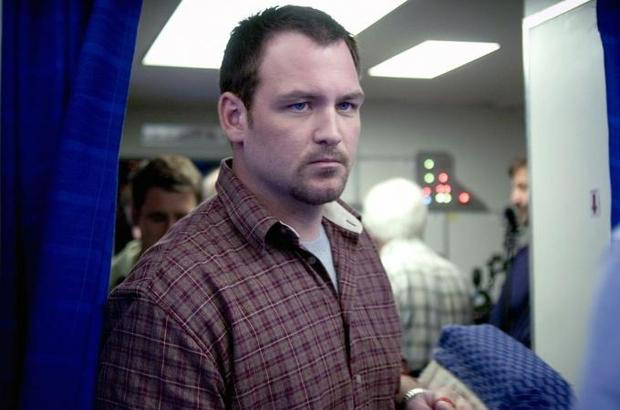
Best Known As: Actor who portrayed real-life 9/11 victim Mark Bingham (Flight 93)
Also Seen As: Deputy Andy 1.0 (Eureka), Colonel Barnes (Stargate), Captain Aaron Kelly (Battlestar Galactica), Benny (Supernatural), Detective Pratt (iZombie)
Character Type: Roles are often military men or members of the police, with gruff personalities and rigid principles, though he can be seen to go looser once in a while and take on roles that are a bit more out there. The very definition of a background actor, but he’s been in so many places that you notice him almost immediately. Parts usually have some kind of dark side to them as well, so watch out for that.
Colin Cunningham
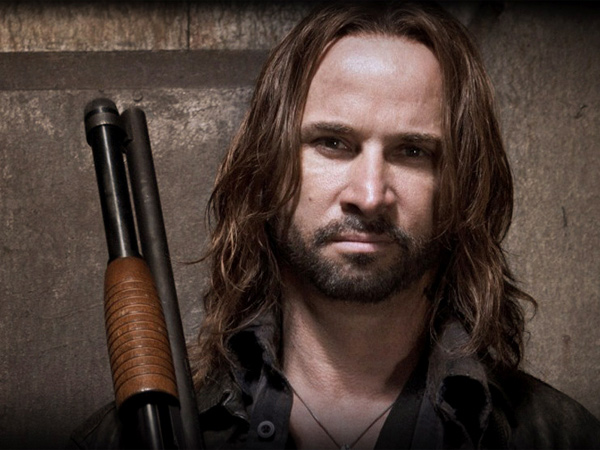
Best Known As: Mad Max-type survivalist and resistance fighter John Pope (Falling Skies)
Also Seen As: Major Paul Davis (Stargate), Ryan Powell (The 4400), Detective Brian Curtis (Da Vinci’s Inquest/Da Vinci’s City Hall), Herb Colodny (Beggars and Choosers)
Character Type: Has quite a bit of variety, from tough, clean-cut and no-nonsense military men to the aforementioned road-warrior rebel roles. In any case, usually plays neither a hero nor a villain, but just comparatively normal guys just trying to get along in whatever world they happen to be placed in. Well, mostly normal, anyway.
Summer Glau
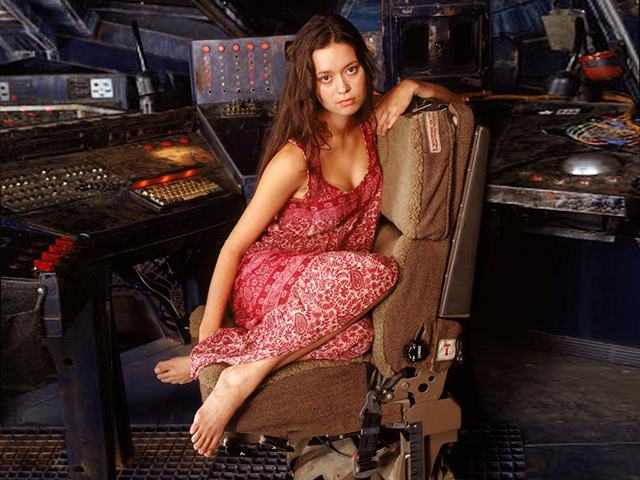
Best Known As: Mentally disturbed and partially psychic fugitive River Tam (Firefly)
Also Seen As: Isabelle Rochev (Arrow), Tess Doerner (The 4400), Cameron (Terminator: The Sarah Connor Chronicles), Jamie Flemming/Orwell (The Cape), Crystal Burns (The Unit)
Character Type: Adept at portraying female roles who are in some way otherworldly, odd, or otherwise removed from general society. This can extend to roles both as a heroine and a villainess, sometimes with physical strength and mental cunning hidden by her characters’ spacey behavior. Parts usually involve conflicted emotions and are full of surprises.
Garry Chalk
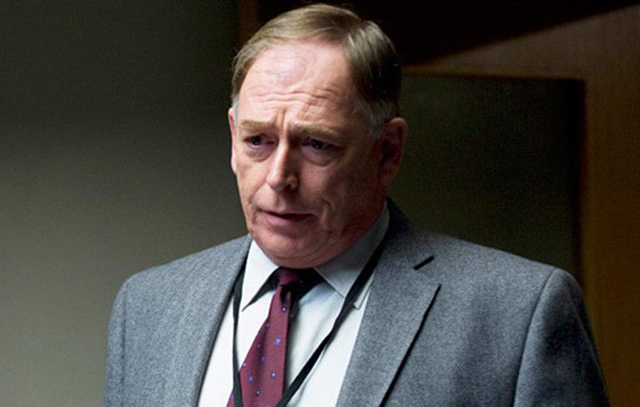
Best Known As: Canadian Inspector Andrew Pawlachuck (Cold Squad)
Also Seen As: Optimus Prime (Transformers), James Stillson (The Dead Zone), Colonel Chekov (Stargate), Colonel Briggs (Eureka)
Character Type: Usually sticks to cops or soldiers, be they alien robots or just normal humans. He’s probably played a small-town sheriff more times than anyone else I could name, and he has just the right air of the local police good old boy to do it. Also frequently plays a Russian character, most notably on the aforementioned Stargate.
Channel Chaser is written by Kyle Robertson. You can check out more of his work on his website. Check back every Wednesday for new articles.
